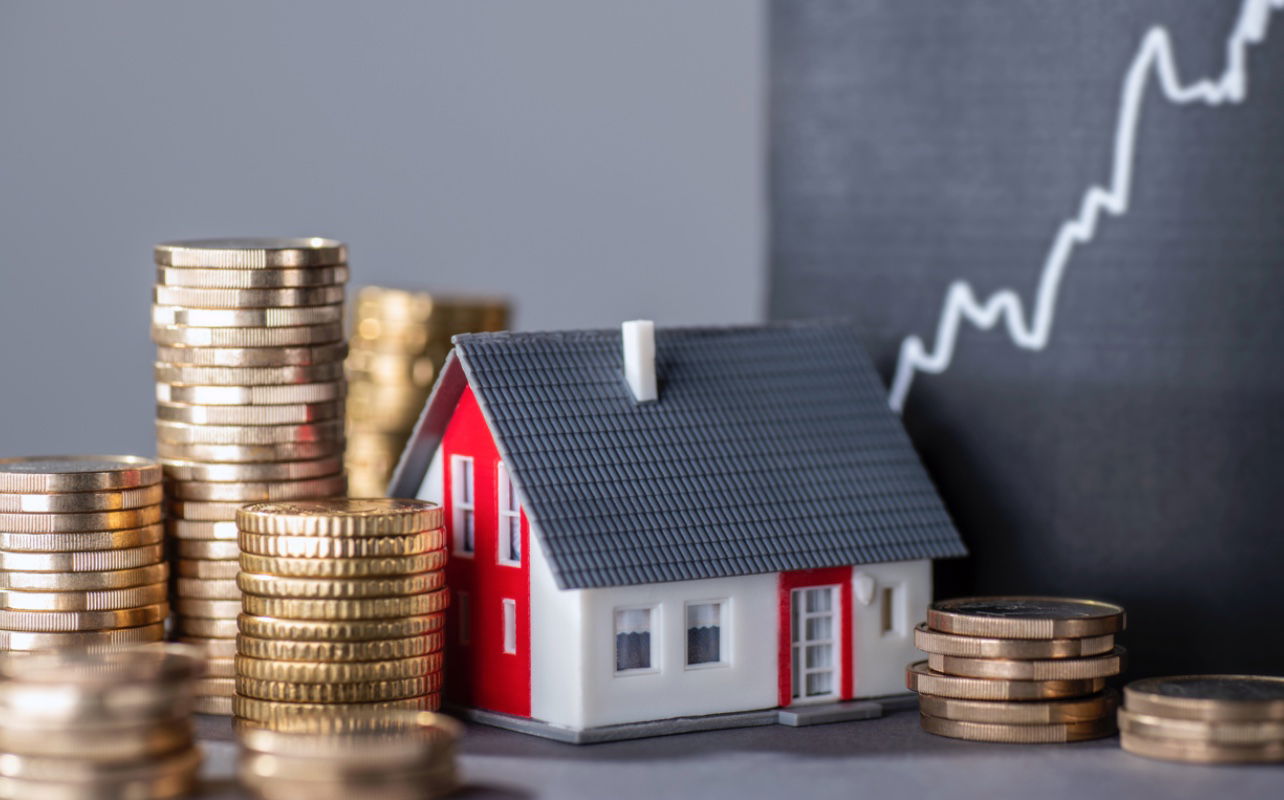
April 10, 2025
Millions of Americans Blocked From Accessing $731 Billion in Home Equity
Two significant shifts in the post-pandemic economy changed equity access: higher-for-longer long-term interest rates and the normalization of “jungle gym” careers, including gig work.
A new study shows that Americans’ access to home equity loans is shifting. Millions of borrowers are locked out of accessing their equity, which is estimated at $731 billion.
Home equity has served as America’s piggy bank for generations, helping Americans pay off high-interest debt, fund higher education and business ventures, and cover the costs of assisted living care.
Pre-pandemic, the steady rise of home values and low interest rates made home equity loans and lines of credit a natural choice for life’s liquidity needs. However, two significant shifts in the post-pandemic economy changed equity access: higher-for-longer long-term interest rates and the normalization of “jungle gym” careers, including gig work.
What’s Causing The Shift In Home Equity Access?
Jungle Gym Careers
According to the study, career and earnings trajectories are no longer monotonically upward progressions. Instead, straight career paths are trending downward while gig and fractional work have become more common. Sideways and downward career transitions, including self-employment, are all associated with adverse shocks to borrowers’ credit scores and the ability to document income for new mortgage debt. Job loss also plays a significant role.
Higher-For-Longer Interest Rates
With high interest rates, borrowers who take a loan against accumulated home equity have substantially increased monthly debt compared to the past. According to researchers, this means the out-of-pocket and opportunity costs of borrowing against accumulated home equity are higher than those of borrowing against future home equity gains.
Overall, researchers found that the old solution of selling your home to trade up or down isn’t realistic, and borrowing against home equity isn’t an option for many American homeowners either. This could change how financial institutions work with consumers.
“With traditional home equity lending increasingly out of reach for many Americans, the industry is just starting to adapt to these new economic realities and develop innovative ways to provide homeowners with the financial flexibility they need precisely when they need it,” Aaron Terrazas, an economist, told Realtor.com.
RELATED CONTENT: Caribbean Outrage Erupts As Trump’s U.S. Travel Ban Threatens Families And Diplomacy